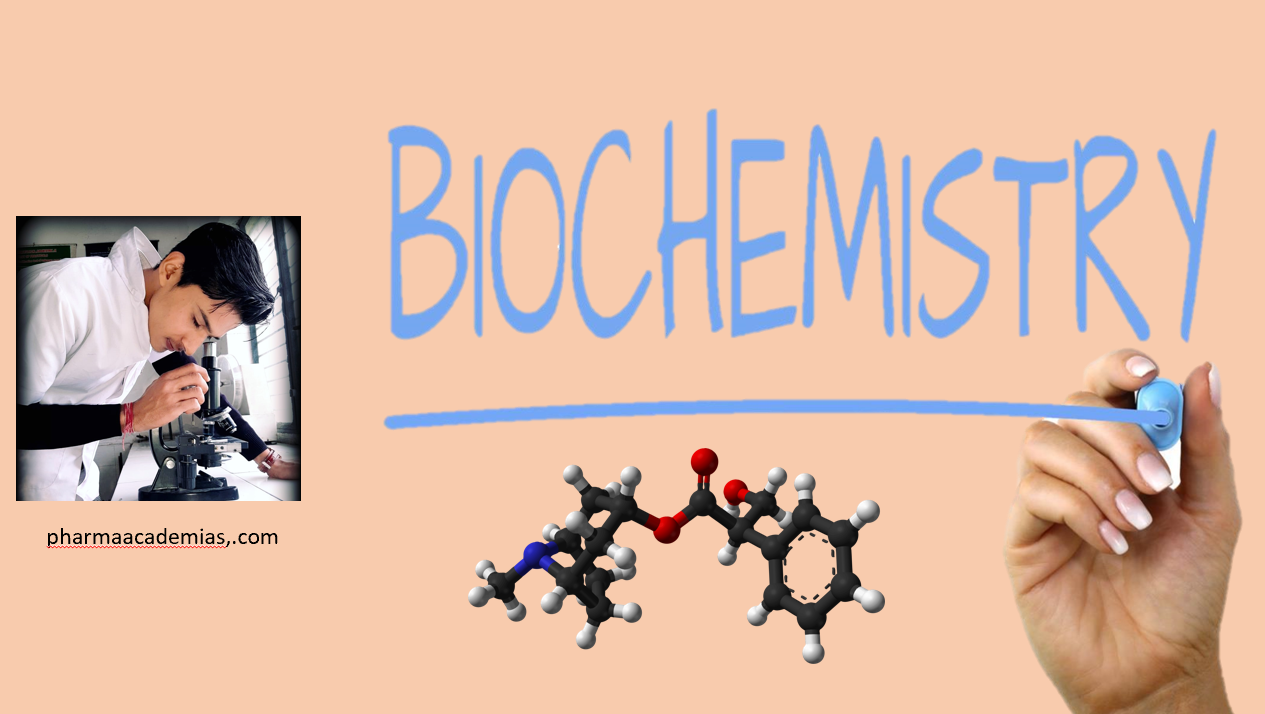Biochemistry is a captivating scientific discipline that explores the intricate molecular processes underlying life. It delves into the chemistry of living organisms, elucidating the structures, functions, and interactions of biological molecules that govern the phenomena of life.
Key Themes in Biochemistry
1. Molecular Building Blocks:
Biochemistry investigates the fundamental building blocks of life, such as proteins, nucleic acids, lipids, and carbohydrates. Understanding their structures and functions unveils the essence of cellular activities.
2. Enzymes and Catalysis:
Enzymes, often called the catalysts of life, are the molecular machines that accelerate biochemical reactions. Biochemistry unravels the intricacies of enzyme function, regulation, and their vital role in cellular processes.
3. Genetic Information:
The study of biochemistry intersects with genetics, exploring how genetic information stored in DNA is transcribed into RNA and translated into proteins. This molecular dance orchestrates the expression of traits and characteristics.
4. Metabolism and Energy:
Biochemical pathways govern the flow of energy and the metabolism of nutrients within cells. Understanding these pathways provides insights into how organisms extract energy from their surroundings and utilize it for growth, maintenance, and reproduction.
5. Cellular Signaling:
Intricate biochemical signaling pathways orchestrate communication between cells. Biochemistry investigates the molecular messengers and receptors that allow cells to respond to their environment and coordinate physiological processes.
6. Structural Biology:
Biochemistry contributes significantly to structural biology, deciphering the three-dimensional structures of biomolecules. This knowledge is crucial for understanding their functions and designing targeted therapies.
Applications of Biochemistry:
Medicine: Biochemical insights guide medical research, diagnostics, and the development of pharmaceuticals.
Biotechnology: Understanding biochemistry enables advancements in genetic engineering, bioprocessing, and the production of bio-based materials.
Nutrition: Biochemical knowledge informs our understanding of nutrient metabolism and dietary requirements for optimal health.
In essence, biochemistry serves as the molecular language that deciphers the secrets of life. As we navigate the complexities of cells and organisms at the molecular level, we uncover the remarkable interplay of chemical reactions that sustain and define living systems. Welcome to the realm where chemistry meets biology and the molecular intricacies of life unfold.





Pingback: Scope of Biochemistry in Pharmacy - pharmaacademias